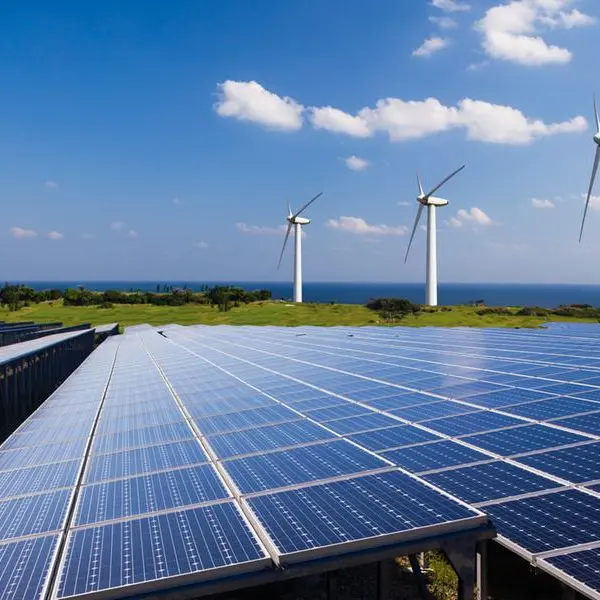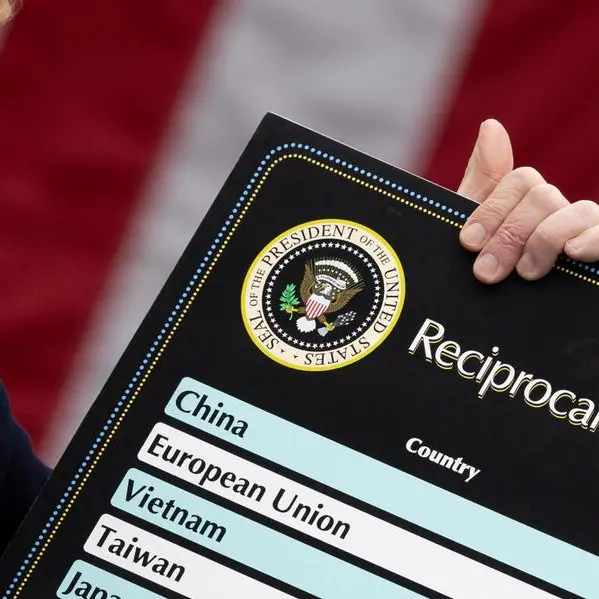PHOTO
The downturn in Germany's manufacturing sector, which accounts for about a fifth of the country's economy, eased in January, a survey showed on Thursday.
The HCOB final Purchasing Managers' Index (PMI) for manufacturing rose to 45.5 in January from 43.3 in December, increasing for the sixth month in a row but still far below the 50 level that separates growth from contraction.
The reading was slightly above the flash estimate of 45.4.
"Such a trajectory suggests that growth might make a comeback within the next few months," said Cyrus de la Rubia, Hamburg Commercial Bank (HCOB) chief economist.
Output, new orders and purchasing activity all fell at the slowest rates for several months, the survey showed.
The improvement in supplier delivery times observed since late-2022 meanwhile stalled in January, as firms reported delays to shipments from Asia due to the incidents in the Red Sea.
Signs of a spillover to prices were limited, however, with input costs still in decline, albeit at a slightly reduced rate, the report said.
"Companies in Germany appear to be weathering problems in the Red Sea quite well," de la Rubia said. "The resilience of German companies may be attributed to an improved supply chain management, namely through strategic diversification of suppliers."
Weak demand continued to weigh on the manufacturing sector in January, the report said.
"Demand is still in the doldrums, as new orders have been contracting for 22 consecutive months," de la Rubia said. "This kind of prolonged decline has not been seen since the PMI series kicked off in 1996."
Goods producers reported another solid round of job cuts, reflecting low expectations for year ahead. (Reporting by Maria Martinez; editing by Christina Fincher)





















